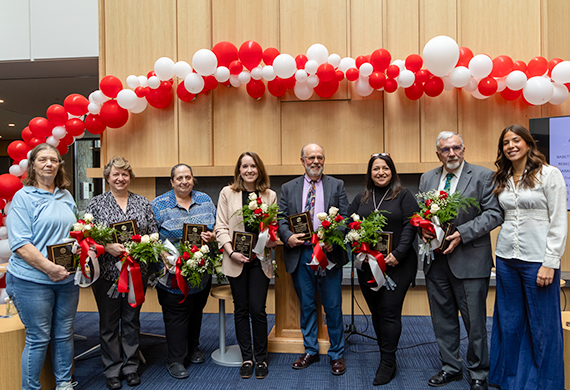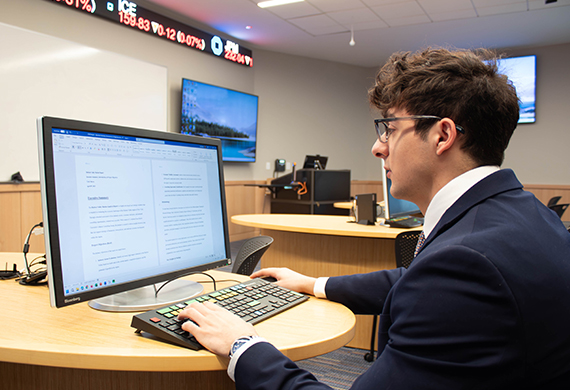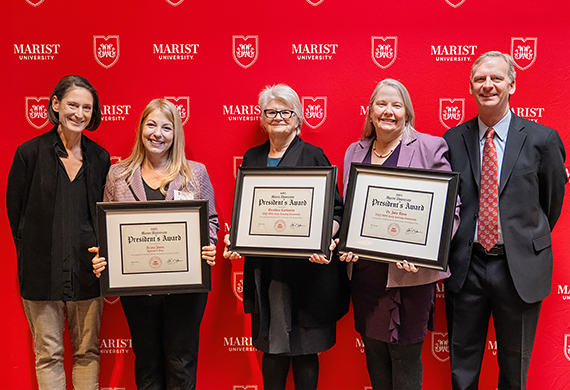Students Help Solve the World’s Plastic Problem
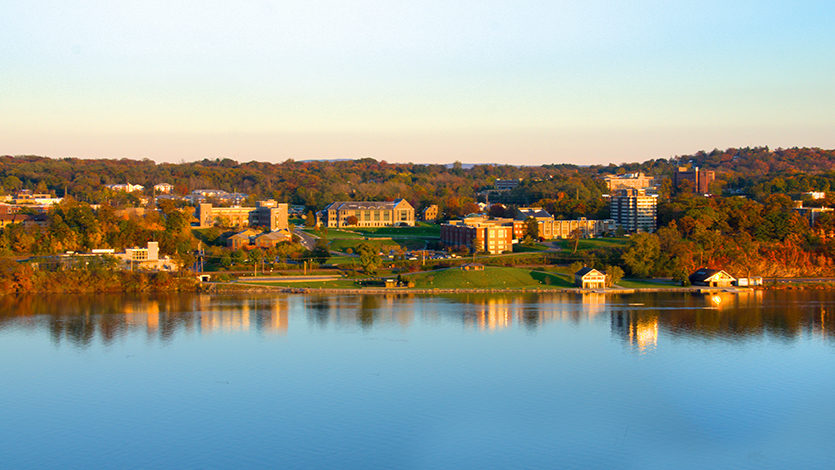
Two Marist students and a recent graduate have been thinking globally and acting locally when it comes to finding solutions to the challenge of plastic waste.
December 18, 2019—Plastic waste is a growing problem throughout the world. From large chunks of marine debris posing navigational hazards, to fibers and bags that entangle aquatic animals, to microplastics in household wastewater, it seems like plastics are everywhere they shouldn’t be. The problem can be addressed both by recycling and reducing plastic waste in the first place, and everyone has a role to play. With this in mind, two Marist students and a recent graduate have been rolling up their sleeves and leading the way.
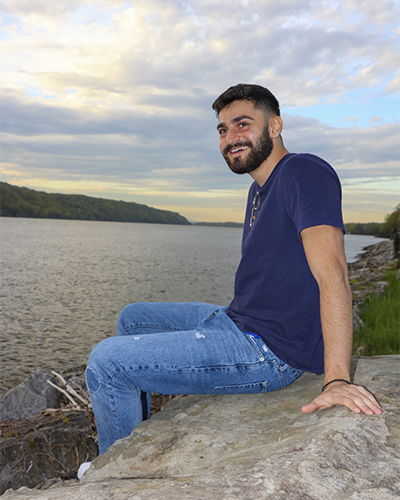
Rather than simply complain, however, Christoforides joined a nonprofit organization dedicated to cleaning up Lebanon’s beaches, the Green Environmental Movement (GEM). “Besides cleaning up the environment, GEM’s mission is to wake people up. The group had just gotten started when I got in touch with them, and then it went viral on social media. By the fourth week, we had more than 100 people on the beach helping with cleanup.” Christoforides eventually met with a representative of the United Nations Environment Programme, which assists developing countries in implementing environmentally sound policies and practices. Civil society groups like GEM are committed to a mission of cleaning and growing despite the economic and political challenges. “The most important thing for anyone is to accept that you have both the obligation and the ability to make a difference,” Christoforides continued. “If everyone just does a little bit, you can start a whole movement.”
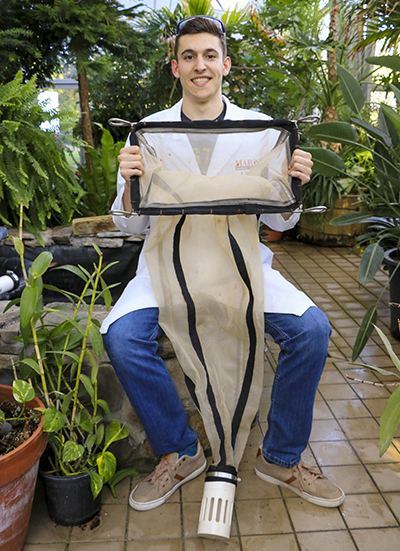
Plastic waste may not be as evident along the shores of the Hudson River as it is elsewhere, but appearances can be deceiving. Plastic never breaks down, instead breaking up into smaller and smaller particles called microplastics. During his time at Marist, Jason Randall ’19, a biology and environmental sciences double major from Hopkinton, Massachusetts, received a Tibor Polgar Fellowship to study the presence of microplastics in the Hudson River. “We looked into the movement of microplastics from tributaries through marshes and into the open water,” explained Randall. “I spent a lot of time in the field, and we collected samples with a very small mesh net. It pretty much captures everything half a millimeter and up.”
Back in the lab, Randall separated the plastics from the dirt and organic matter, then sorted them according to type. He noticed that “when you look at a sample, there’s an abundance of fibers in more than 99 percent of our samples. Think about how much clothing today is made of polyester or fleece, and every time you wash your clothes, thousands of fibers enter our waterways.” After graduating from Marist, Randall began a PhD program in environmental health sciences at New York University. He notes, “Research is the foundation of my love of science. I want to focus on the long-term effects of plastics on workers in companies and in consumer use.”
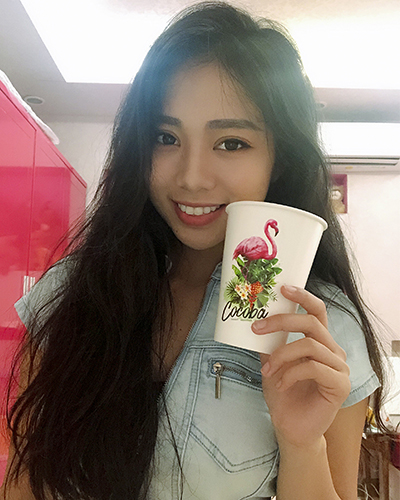
Nguyen started by switching from plastic cups to paper ones with an attractive design, then added a recycling bin for the bottles that couldn’t be switched over. Next, it was encouraging patrons to skip the straws and plastic bags that only get used once. She notes, “People are more aware of environmental issues, and I could not be happier. Even my parents think that it’s cool to recycle and use less plastic, but they believe Vietnam will still waste a lot and that it is too late to try changing it. They say it will take 100 years, but I truly want to change their perspective. Until then, I will continue to try to save our world.”
Students and faculty in Marist’s School of Science continue to work on plastics research in order to identify practical ways to help the environment. Indeed, the College’s 2018-2023 Strategic Plan notes the importance of promoting sustainability in both the curriculum and in the community. ( For additional information on how you can contribute to plastic solutions, visit the National Oceanic and Atmospheric Administration’s Marine Debris Project website here.
Chris Bowser is an adjunct professor of environmental science at Marist and an education coordinator for the New York State Department of Environmental Conservation in partnership with Cornell University’s Water Resource Institute.

